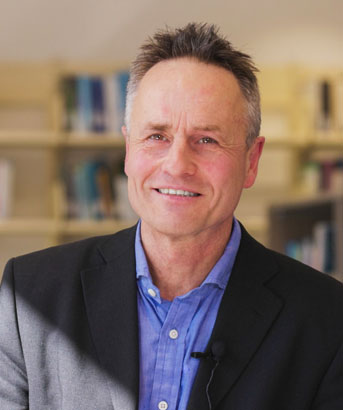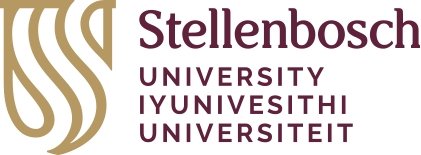
- This event has passed.
Prof Euan Phimister
May 2, 2023 @ 17:3018:30


Making economic models useful in an interdisciplinary world
Economists remain in key roles in business, government and academia. Their particular way of looking at the world is still central within economic and financial decision making. Particularly during the financial crash in the late 2000s, this way of looking at the world, or ‘mainstream economic thinking’, has been criticised and challenged. Specifically, their way of seeing the world through economic models, their lack of interdisciplinarity in that other approaches and disciplines outside their domains are seldom considered, their willingness to apply economic models apparently unthinkingly and their reliance on quantitative evidence only have long been criticised by social and other scientists.
The rise of data science, artificial intelligence and data scientists poses an additional challenge to economists’ historical primacy as the experts in economic, quantitative data analysis, and in providing support for decision making in government and business. Given the criticisms from other scientists and the rise of data science, the question is: How can economic thinking and modelling remain useful?
Euan Phimister has applied mainstream economics methods throughout his research career, looking at issues in agriculture, natural resources and the environment. In this lecture, he draws on his research experience to provide perspectives on how economic thinking and modelling can remain useful in an interdisciplinary scientific world.
With the ‘right people in the room’ he argues that economic thinking and modelling can be catalysts for ‘combined thinking’ across social and other sciences, linking understanding of decision making and human behaviour to methods with which scientists can engage. Listening and being more open to other disciplines can enrich economists’ work and its limits, but economists should also assist and service other disciplines (rather than the other way around), and in this way mainstream economic thinking and modelling can remain useful and relevant.
Economists’ capacity in quantitative data analysis and model building links naturally with analytical methods used in science. Although the conceptual approaches may be very different, their aim to reflect decision making in their work means that the research questions they ask are often similar to those from other social sciences.
The lecture concludes with some reflections on the potential implications of making economic thinking and modelling useful for a field such as development finance, which is often considered a sub-area of finance and economics, and consequently the education of development finance specialists in business schools in Africa.
Short biography
Euan Phimister is a professor of Development Finance and head of Development Finance at Stellenbosch Business School. He is an applied economist whose research focuses on agriculture, natural resources and the environment. This includes current work on farm households and rural development, access to energy and fuel poverty, and improving the control of invasive species.
After an honours degree in Agriculture at the University of Aberdeen, Scotland, he obtained his MSc and PhD in Agricultural Economics from the University of Manchester, UK – the latter developing from time spent at the Centre for World Food Studies, Vrije Universiteit, Amsterdam. His first permanent academic post was as a lecturer in Operational Research in the Department of Econometrics, University of Manchester, before he moved to the University of Aberdeen where, before joining Stellenbosch Business School, he was a professor of Economics in the Business School. During his career at the University of Aberdeen, he was head of Economics, deputy head, director of Research and director of Resources at the Business School. He has been a visiting researcher at INRA, Rennes, France and the Agricultural Economics Institute, The Hague, and is currently an honorary associate of the James Hutton Research Institute, Scotland, and a senior fellow of the UK Higher Education Academy. He has also undertaken a range of consultancy projects, including work for the Angolan government and economy-wide modelling of rural development policies for the EU Commission.
Over the last 10 years, he has been involved in a variety of interdisciplinary externally funded research projects involving partners from Ethiopia, Ghana and Uganda. He is currently leading a Global Challenges Research Fund project on land and soil degradation in Ethiopia involving soil science, environmental modelling, economics and wider social science. Since 2019, he has also been part of a project with an international team of ecologists assisting in developing economic and financial models to improve invasive species management in Argentina, Chile and Brazil.
He was a member of the UK Research Excellence Panel for Agriculture, Veterinary and Food Science, which evaluated research by UK universities for the periods 2007–2014 and 2014–2021, the results of which formed the basis of the UK government’s distribution of core research funding to UK universities. He is also an associate editor of the Journal of Agricultural Economics. His research has been published in a variety of international peer-reviewed academic journals.

Recent Comments